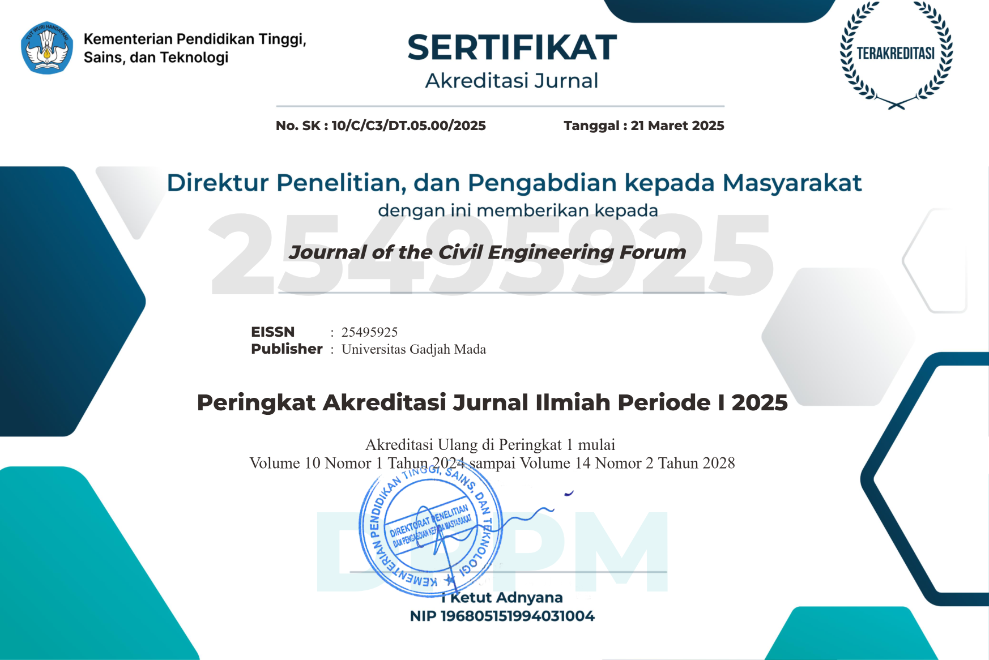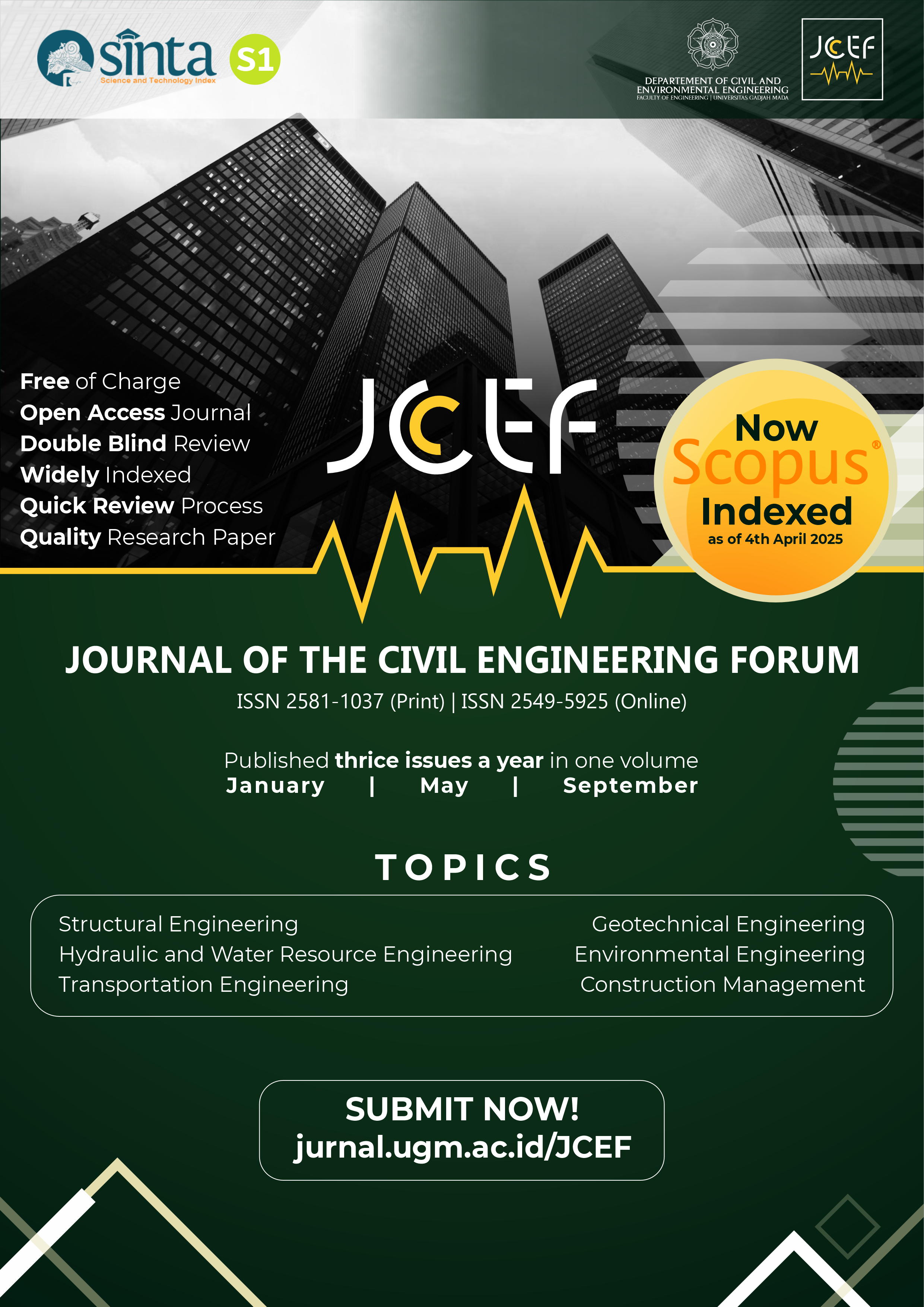Retraction, Withdrawal, & Correction (R-W-C) Policy
Article Retraction
JCEF is firmly dedicated to upholding the integrity of scholarly publications and, as a result, occasionally finds it necessary to withdraw articles. Articles may be subject to retraction under the following circumstances:
-
When a significant scientific error is identified that would render the article's conclusions invalid. This may occur if there is clear evidence of unreliability in the findings, either due to misconduct (e.g., data fabrication) or an honest mistake (e.g., miscalculation or experimental error).
-
When the findings have been previously published elsewhere without proper cross-referencing, permission, or justification, as in cases of redundant publication.
-
When ethical issues such as plagiarism (i.e., the unauthorised use of another person's ideas, processes, results, or words without proper attribution, including confidential review materials) or inappropriate authorship are identified.
To ensure that retraction procedures adhere to the best practices in publication ethics, and in accordance with the retraction guidelines provided by COPE, JCEF follows the subsequent retraction process:
-
Any article that may require retraction is brought to the attention of the journal editor.
-
The journal editor should follow the step-by-step guidelines outlined in the COPE flowcharts, including evaluating any response from the article's author under consideration.
-
Prior to taking any action, the editor's findings are submitted to the Ethics Advisory Board. This step ensures a consistent and industry-best-practice-based approach.
-
The final decision regarding whether to retract the article is then communicated to the author, and when necessary, other relevant entities, such as the author's institution.
-
A retraction statement is subsequently posted online and published in the next available issue of the journal (further details regarding this step are provided below).
It is important to note that even if authors retain copyright for an article, this does not grant them an automatic right to retract it post-publication. The preservation of the integrity of the published scientific record remains paramount, and COPE's Retraction Guidelines apply in such cases.
Article Withdrawal
Authors are not permitted to retract their submitted manuscripts because doing so would entail a significant waste of valuable resources, including the considerable time invested by editors and referees in processing the manuscript and the efforts made by the publisher. It is essential to emphasise that before an author submits a manuscript through our OJS, they must affirm their acceptance of the checklist provided. Should an author wish to withdraw a manuscript, an official letter signed by the corresponding author and their organisational leader must be sent to the Principal Editor.
Article Correction
JCEF should contemplate the issuance of a correction under the following circumstances:
-
When a minor segment of an otherwise reliable publication contains flawed data or proves to be misleading, particularly if this is the result of an honest mistake.
-
When there are inaccuracies in the Author or Contributor list, such as the omission of a deserving Author or the inclusion of someone who does not meet the authorship criteria.
Corrections to content that has undergone peer review are categorized as follows:
-
Publisher correction (erratum): This type of correction is used to inform readers of a significant error made by the publishing or journal staff, typically relating to a production error. Such errors negatively affect the publication record, the scientific integrity of the article, or the reputation of the Authors or the journal.
-
Author correction (corrigendum): This correction notifies readers of a significant error made by the Authors themselves, which has a detrimental impact on the publication record, the scientific integrity of the article, or the reputation of the Authors or the journal.
-
Addendum: An addendum is an addition to the article made by its Authors to address inconsistencies, provide further details to expand upon the existing work, or explain and update information in the main work.
The decision regarding whether a correction is warranted is determined by the Editor(s) of the journal, sometimes in consultation with Reviewers or members of the Editorial Board. Handling Editors will reach out to the Authors of the relevant paper to request clarification, but the final determination of whether a correction is necessary and, if so, which type to issue, lies with the Editors.
Article Removal
In very rare instances, there might arise a need to take down a published article from our online platform. Such action will only be considered in cases where an article is unmistakably defamatory, violates the legal rights of others, is the subject of a court order or is expected to be, or, if acted upon, could present a significant health risk. In such situations, while the article's metadata (comprising the title and author information) will be preserved, the article's content will be substituted with a notification stating that the article has been removed due to legal considerations.
Article Replacement
If there is a situation where an article, when implemented, could present a significant health hazard, the Authors of the initial paper might decide to withdraw the flawed original and substitute it with a corrected version. In such instances, the retraction process outlined above will be implemented, with the exception that the article retraction notice will include a link to the corrected and republished article, along with a record of the document's history.






